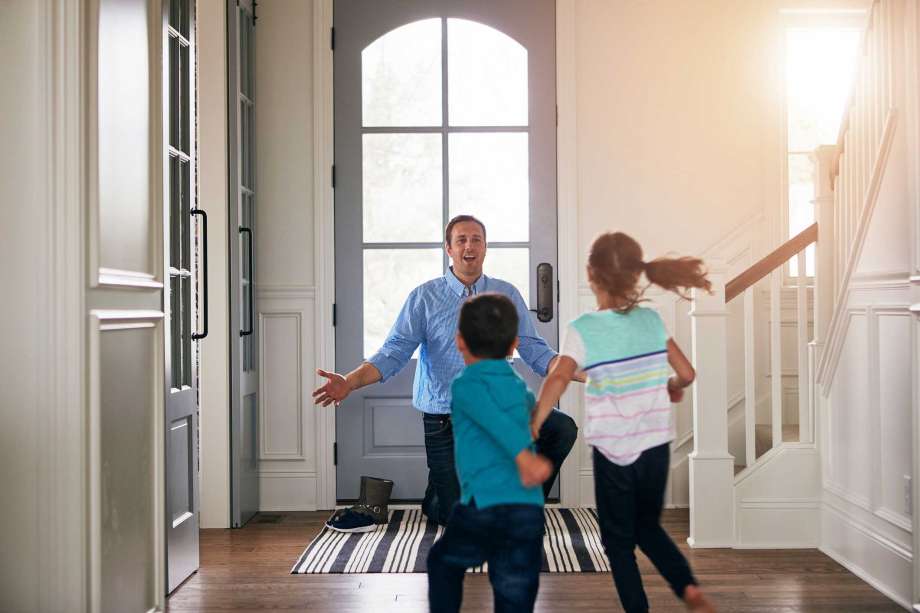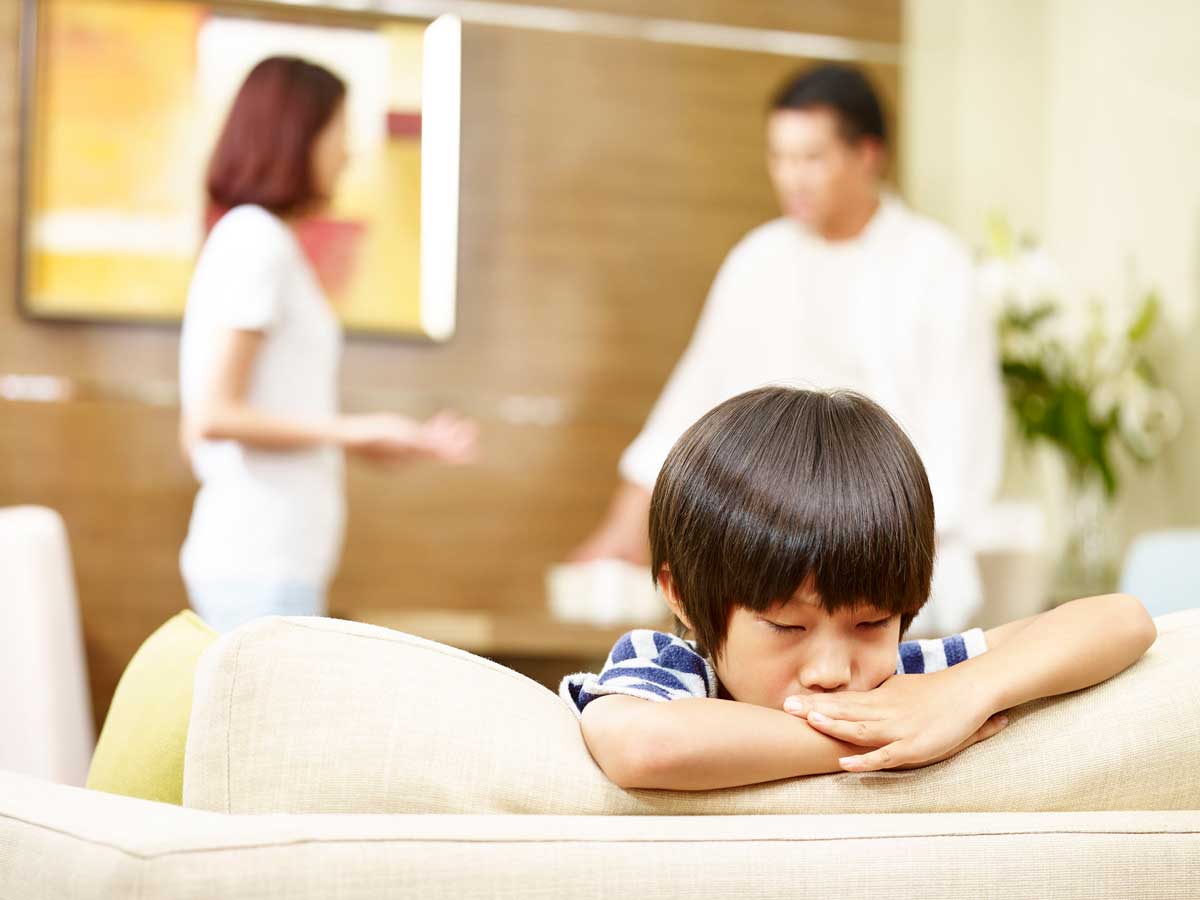Life After Divorce: What Do You Do When Your Kid Is Playing Sides?

Fernando had always been a well-behaved kid. He was kind, well mannered and obedient–always offering to help around the house and follow his parents’ rules.
That all began to change soon after his parents divorced. Fernando discovered he could not only take advantage of his parents’ separation, but he could get away with it. He could get any new toy he wanted, skip cleaning up or stay up past his bedtime. All he had to do was ask. Soon, his behavior began to change for the worse.
His parents, it seemed, were too consumed by guilt and shame over splitting their child’s family up that they were quick to give into his every request and demand.
“We thought that by giving him things that made him happy, we could make up for this huge change and loss in his life,” Fernando’s mom, Liza, admitted.
More: Expert Advice: Upset Over Parents' Divorce
The Impact of Divorce on a Child’s Behavior
Liza isn’t alone in giving into her child’s wishes after divorce. In fact, most parents tend to loosen the reigns and overindulge to make up for the split.
“Parents whose kids are undergoing any sort of difficulty feel guilty, which makes them especially prone to trying to make [their kids] feel ‘happy’ by letting things go and bending the rules,” says Donna Volpitta, Ed.D, founder of The Center for Resilient Leadership and author of The Resilience Formula: A Guide to Proactive–Not Reactive–Parenting.
According to Volpitta, however, indulgence is the last thing children need. The breakup of a family can be traumatic—no matter how amicable the divorce—and may bring feelings of sadness, anger, confusion and anxiety, among others.
All of these feelings and reactions are completely normal, and while parents can't control them, they can control the misbehavior that may manifest from those feelings. There are certain disciplinary techniques that can help your children adapt to the new situation and prevent them from trying to play you and your ex.

Managing your Kid’s Behavior After Divorce
During challenging or traumatic times, kids’ brains crave consistency and stability in order to feel safe and secure. They key is to set clear boundaries and consistent limits. If possible, parents should build a cooperative and communicative relationship with one another to stay on the same page and set ground rules.
Children tend to test the limits during a divorce, so it’s crucial to collaborate with your co-parent to ensure the rules, expectations and consequences are the same at both parents’ houses, advises Dr. Fran Walfish, Beverly Hills family and relationship psychotherapist and author of The Self-Aware Parent.
This means the same bedtime, wake-up time, meal times, homework schedule and extra-curricular activities at each house. The more stable your child's life and routine is, the less separation anxiety he or she will feel. It will take enormous practice and patience, but it will be well worth it in the long run.
“When parents are able to do this effectively, we see a reduction of acting out, angry behavior and emotional problems,” Walfish said.
Finally, be open with your child. Encourage them to share their feelings. Help them understand their behavior and why they may be acting out. Children crave love, attention and security–so be sure to give it to them.
More: Expert Advice: Helping Your Child Cope With Divorce
Collaborating and Co-Parenting
Liza and her ex-husband, Paul, didn’t realize how much their lax parenting was harming Fernando until they saw how their sweet, grateful son had become whiny and demanding. The rules needed to come back into play, and quick.
Liza and Paul met to discuss what needed to change in order to create a healthy, structured environment for Fernando. No more backing down, they agreed, and no giving him whatever he wanted. Once the ground rules were established, the two sat down with their son and explained that even though his parents weren’t together anymore, the rules would be the same at each of their houses.
“Once we stopped essentially buying our son’s happiness out of guilt, it was easier from there,” Liza said. “It took him a couple weeks of testing the boundaries to see that he couldn’t get away with it anymore, but from then on, it was smooth.

